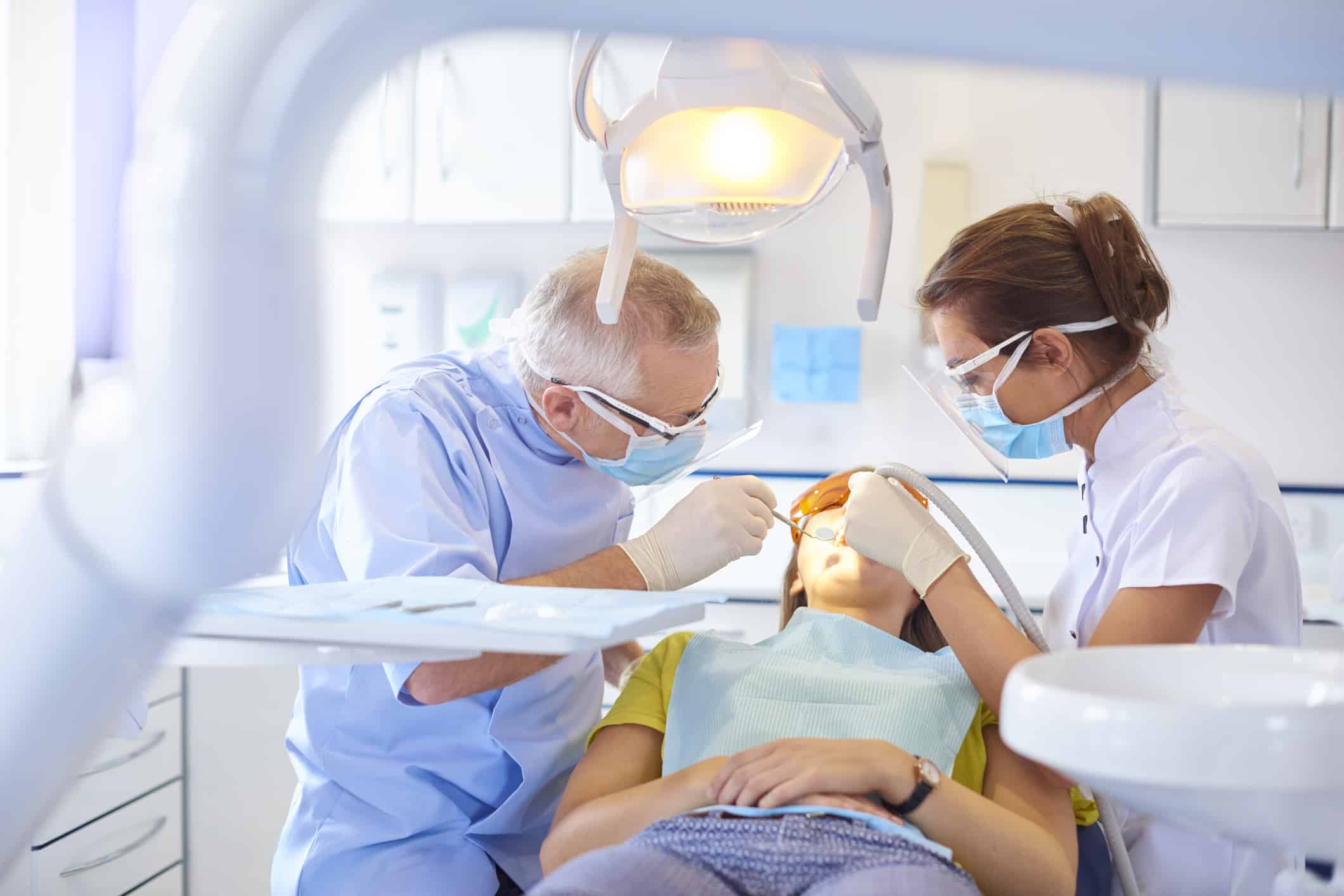Having regular checkups with a dentist near you can seem unnecessary to some people, but it is the only way to guarantee that you are not suffering from conditions such as tooth decay, oral cancer or gum disease. These visits to the dental clinic should happen every 6 months, and in most cases, they include a dental cleaning that is performed by a dentist or a dental hygienist. These cleanings are dreaded by some people mostly because of the unpleasant sounds that the instruments make. However, they are important in keeping your teeth and gums healthy and in this article, you will learn about the entire process of dental cleanings.
What is the purpose of dental cleanings?
The main reason why dental cleanings are performed is to remove plaque and tartar. Despite our efforts to have almost perfect oral health habits, there is always some plaque that isn’t removed by the toothbrush or the floss. Over time, this plaque begins to build up and when it hardens, it becomes tartar. The reason why it must be removed is that plaque has bacteria that damage the enamel and can cause cavities.
Initial examination
Before starting the teeth cleaning, a dentist in Prince Albert will examine your teeth, tongue, and gums with a tiny mirror. This gives them a general sense of your oral health, habits and how they should proceed, as they can detect any problem areas that require special attention during the procedure. This examination also has some importance after the procedure is done, because once the problem areas are identified, your dentist can either provide dental tips or treatment if necessary.
Scaling
Moving forward, the dentist will use a scaler and the same tiny mirror to remove all the plaque and tartar they see. It is key to note, that after tartar is formed, no amount of flossing can reduce it, and it can only be removed by dental cleanings in Prince Albert.
Further removing tartar
After the dentist is done with the scaling, they use gritty toothpaste and an electric toothbrush that removes any remaining tartar residue. This process also polishes your teeth, and this is beneficial because it makes it much more difficult for bacteria to attach to your teeth.
Flossing and rinsing
Right when all the plaque and tartar have been removed, your dentist may floss your teeth and use the opportunity to teach you how to do so correctly. It is very essential to listen to your dentist’s recommendations, especially because these will be directed to the specific problems he or she found upon examination. Once your dentist in Prince Albert has completed the thorough flossing of your teeth, you will have to rinse your mouth to eliminate any debris.
Fluoride treatment
We are almost certain you have heard of or received a fluoride treatment at one point in your life. This is a common treatment performed on patients as it has many benefits. One primary benefit is that fluoride strengthens the enamel and makes your teeth more resistant to cavities.
Do dental cleanings hurt?
Generally, dental cleanings don’t hurt. At most, they can be a little uncomfortable in areas that have a lot of tartar and require your dentist to focus on more. If you have a low tolerance for pain, you could request your dentist to use some topical anesthetic which is applied on the gum line to numb the area before the scaling. In any event, the discomfort that can be felt is nothing compared to all the benefits dental cleanings offer, so don’t procrastinate visiting a dental clinic near you for your biannual cleaning! Prevention is always better than cure, so why wait?
